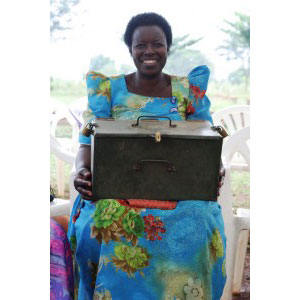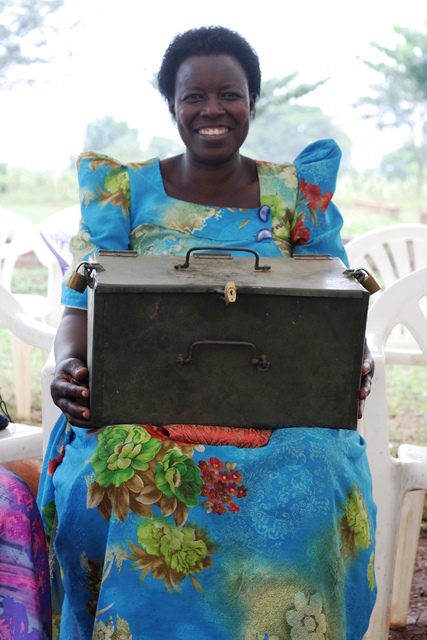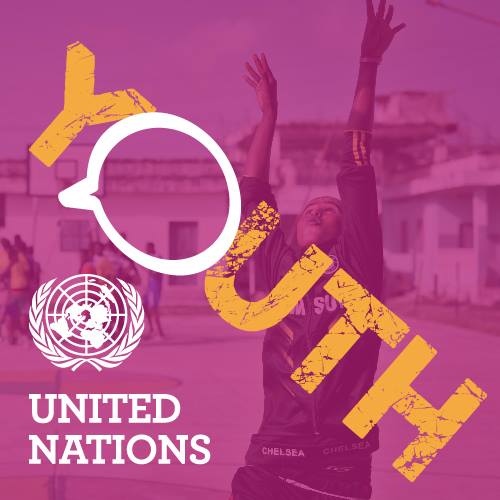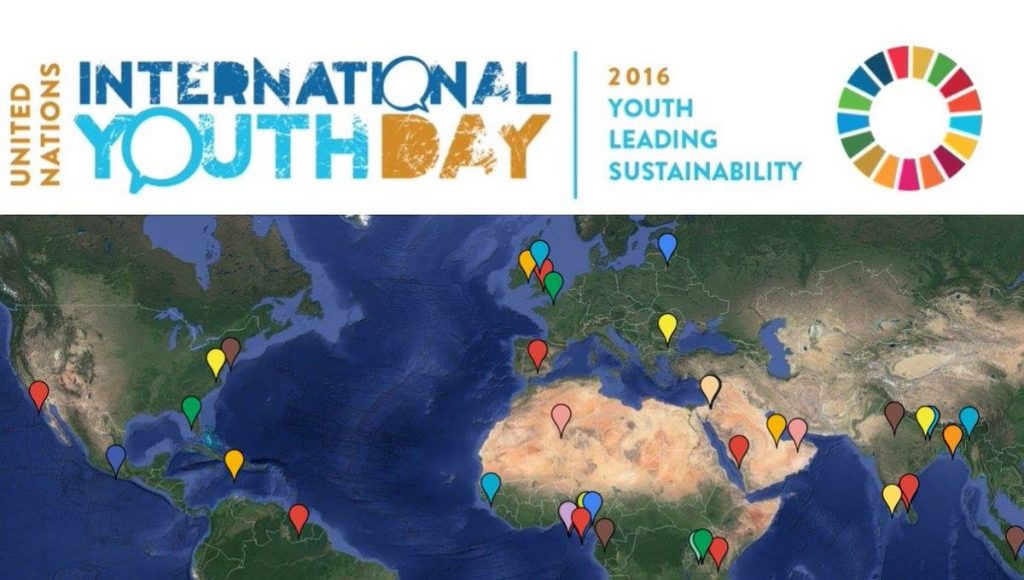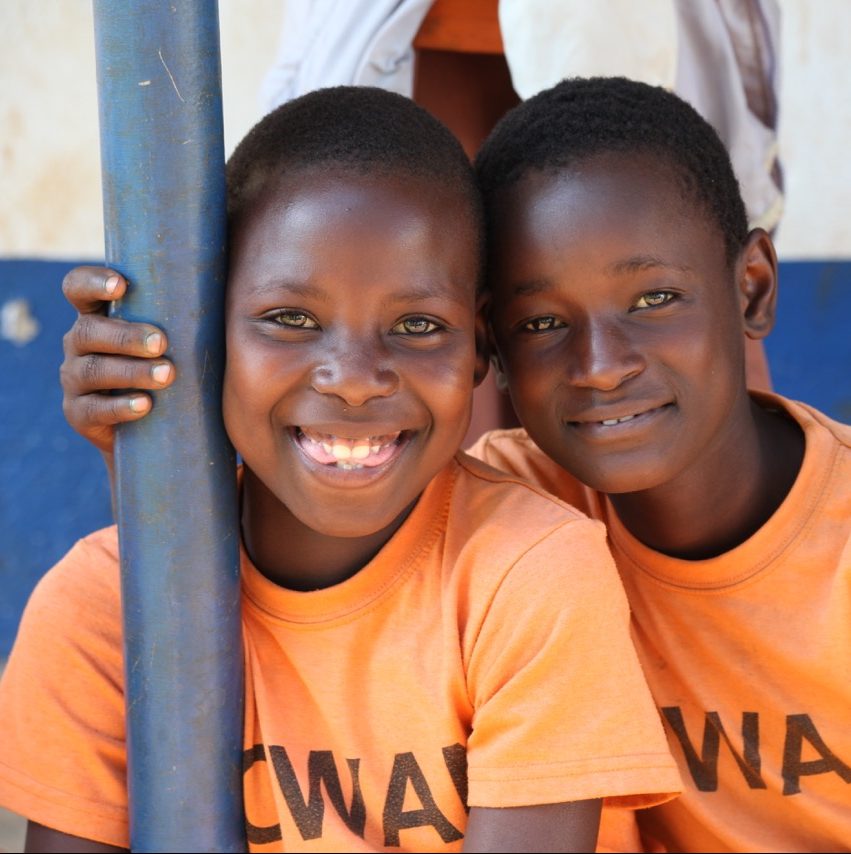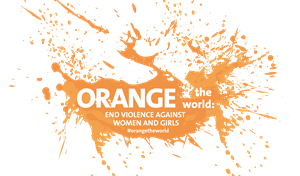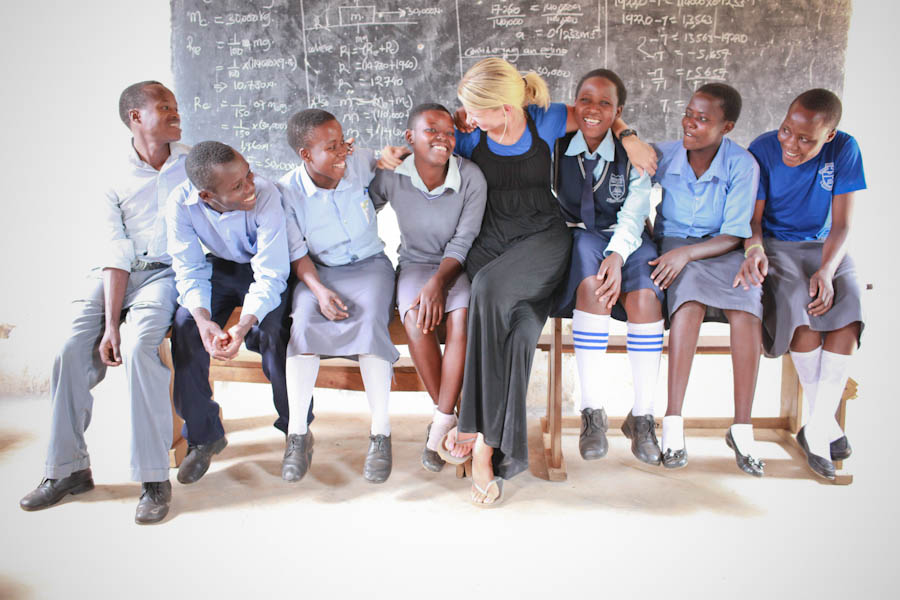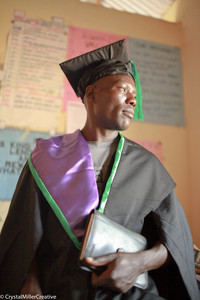
When you say “yes” to supporting education, you say yes to:
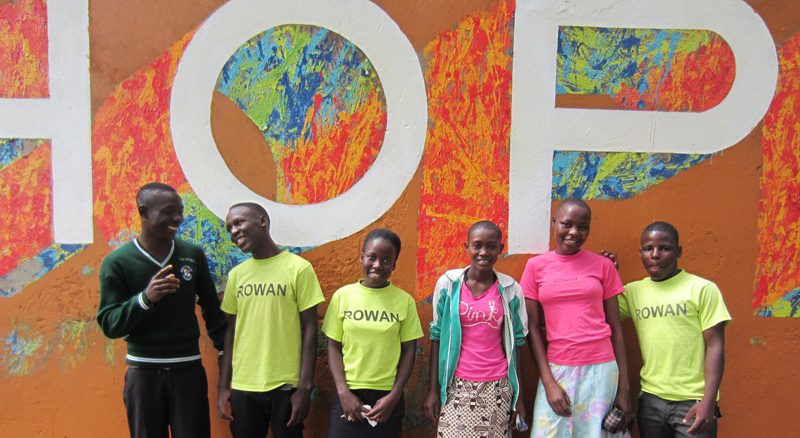
Orphans:
- Providing uniforms, books and exam fees for primary level children (elementary age).
- Scholarships for secondary students (high school age). This helps supplement the sponsorship funds for boarding school.
- Special gifts for children as they graduate their higher level education. Robert got a plumbing tool set and Mariam got a camera for her news reporting!
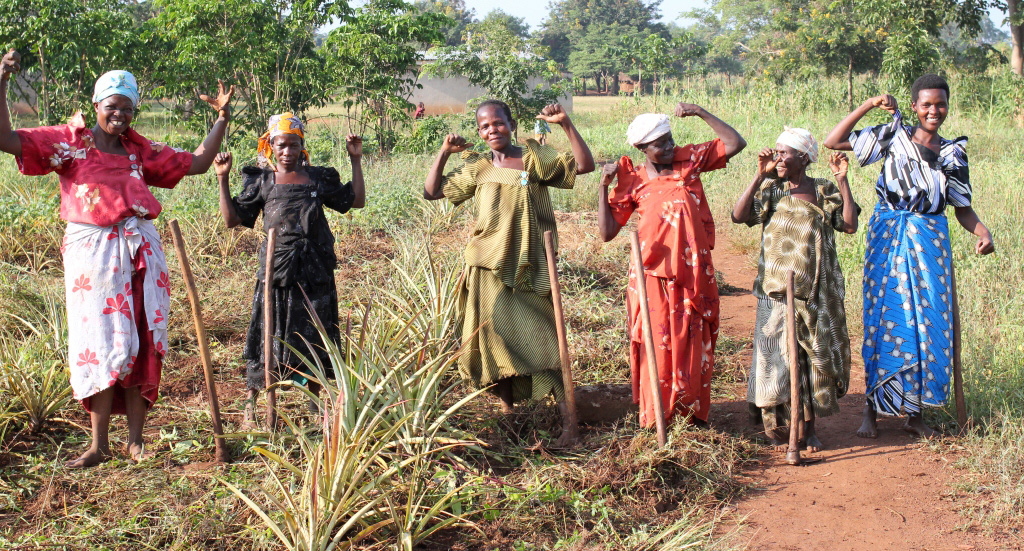
Widows and Widowers:
- Providing literacy training that empowers widows/widowers (who never had the chance to go to school) by giving them the ability to read, write & study the Bible independently

Why should you invest in education?
Education reduces poverty. Studies show that each year of schooling increases a person’s earnings by an average of about 10%. This is true worldwide.
Illiteracy is Africa’s most virulent disease. This is the only region in the world where poverty has increased in the past 25 years. Primary school enrollment is among the lowest in the world. Approximately 33 million primary school-aged children do not go to school, & 18 million of these are girls. Only two-thirds of children who start primary school reach the final grade. There is an average of 40 students per teacher in rural communities. Further, the incidence of AIDS decreases in villages that have primary schools.
Uganda Facts
The educational system in Uganda begins with seven years of primary education, followed by six years of secondary education (divided into four years of lower secondary & two years of upper secondary) & three to five years of post-secondary education.
In 1997 free primary education was made available to up to four children per family. However, the average ratio of students to teachers in Uganda is 50:1.
A child who quits attending school is three times more likely to be HIV positive later in life than a child who completes basic education.
Although 9,000 to 12,000 students per year are qualified to go on to higher education, only 25 percent of them are able to find places at the limited number of institutions.
More Education Stories
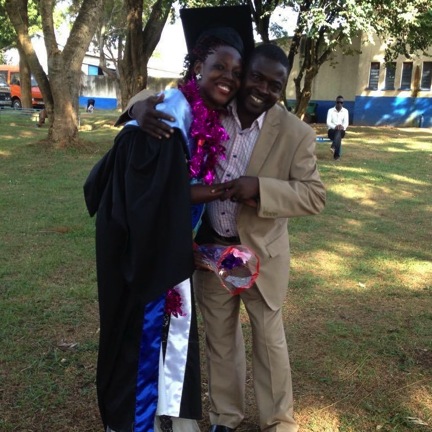
Sponsor today!
Sometimes it’s the little things that make the biggest difference. Less than $2 a day adds up over the years and eventually can lead to great success. Don’t underestimate the impact sponsorship can have on shaping young lives and empowering our




